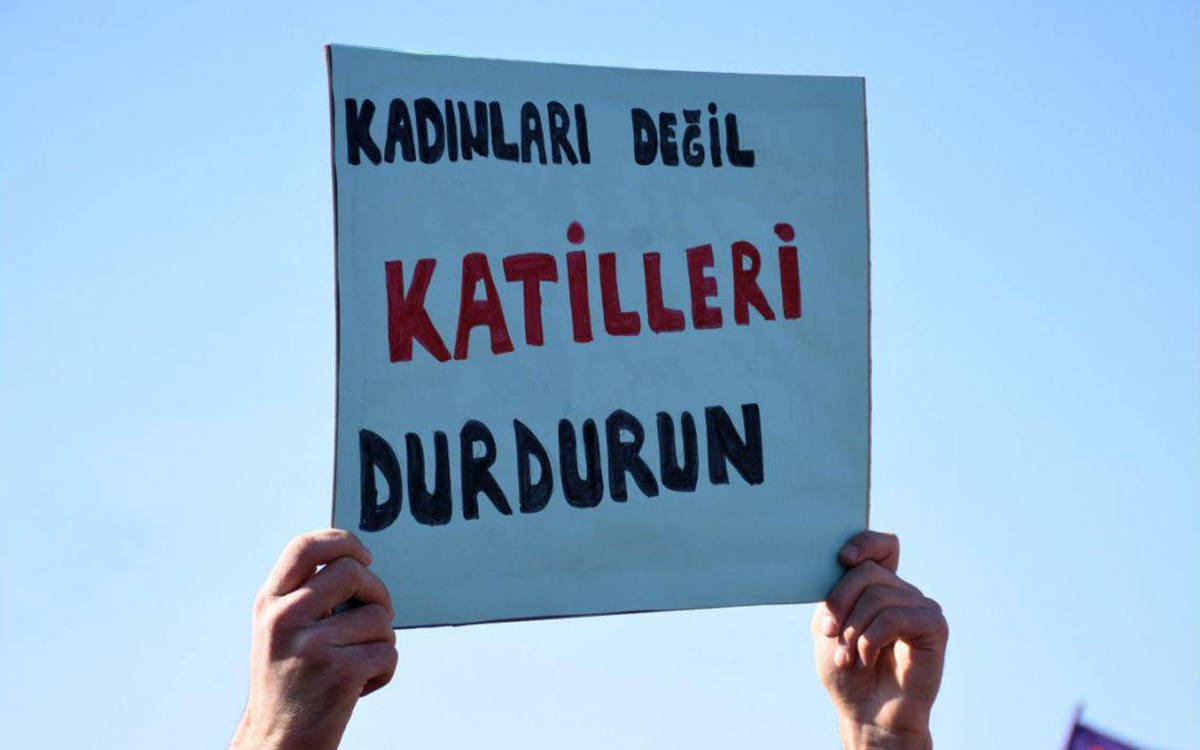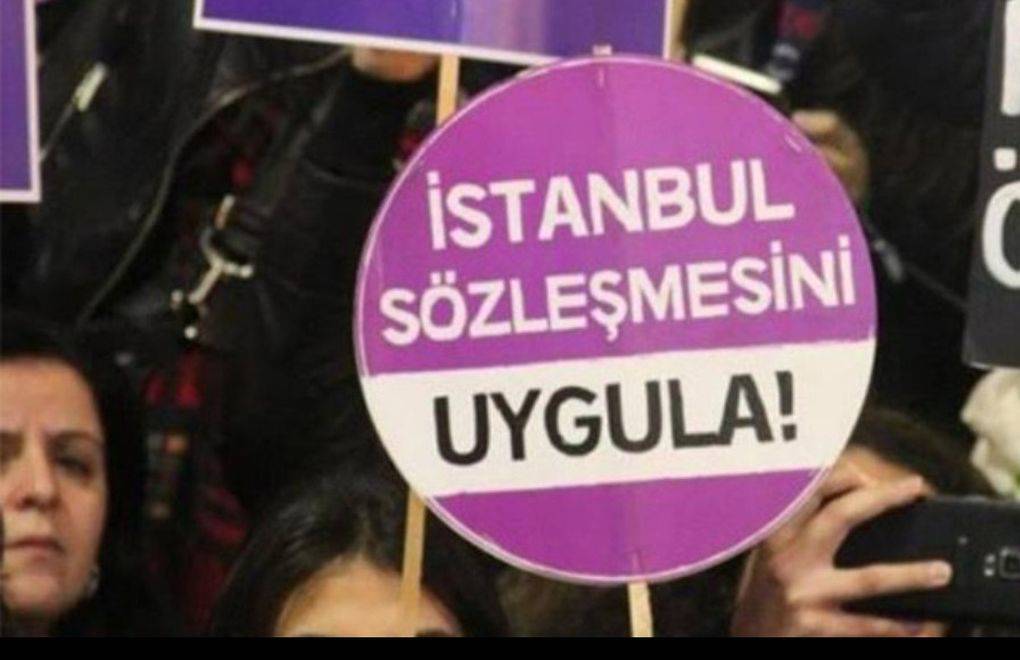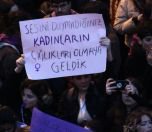The Constitutional Court (AYM) ruled that the decision not to prosecute the complaint of a woman who had been threatened by her ex-boyfriend, without making sufficient investigation, amounted to a "violation of rights."
The supreme court's decision indicated that A.K., a woman who had learned that her boyfriend Y.B. was married and subsequently ended their relationship, had been subjected to threats by Y.B. over the phone after their separation. A.K. changed her phone number and moved to the city where her family lived to avoid further threats, Anadolu Agency reported.
As Y.B. continued to call Y.B.'s mother and brother, as well as harass and threaten A.K. through emails and social media, A.K. lodged a complaint with the prosecutor's office, providing the content of the correspondence as evidence.
The Istanbul Anadolu Chief Public Prosecutor's Office decided not to prosecute the case, citing that the content of the correspondence did not contain threats. A.K., whose objection was also rejected by the peace criminal judge, submitted an individual application to the AYM alleging a violation of her rights.
Upon reviewing the application, the supreme court ruled that A.K.'s right to "protection and improvement of material and moral existence" protected by Article 17 of the Constitution had been violated.
For a criminal investigation to be considered effective, there must be a defendable claim by the individual, and it should be initiated immediately, said the court decision.
The decision pointed out that evidence should be collected during the investigation, the incidents should be clarified, and if a crime is determined, it should be concluded with a punishment proportional to the action. However, it was emphasized that this does not impose on the state the obligation to convict all trials with a conviction or a specific penalty.
The decision mentioned that the applicant submitted messages sent by Y.B. and included witness names in her complaint letter. It also stated that the phone call records were not adequately examined, no research was conducted, and witnesses were not interviewed by the prosecutor's office.
In the Supreme Court's decision concluded that there was a violation of the right to protect and improve material and moral existence regulated in Article 17 of the Constitution.








